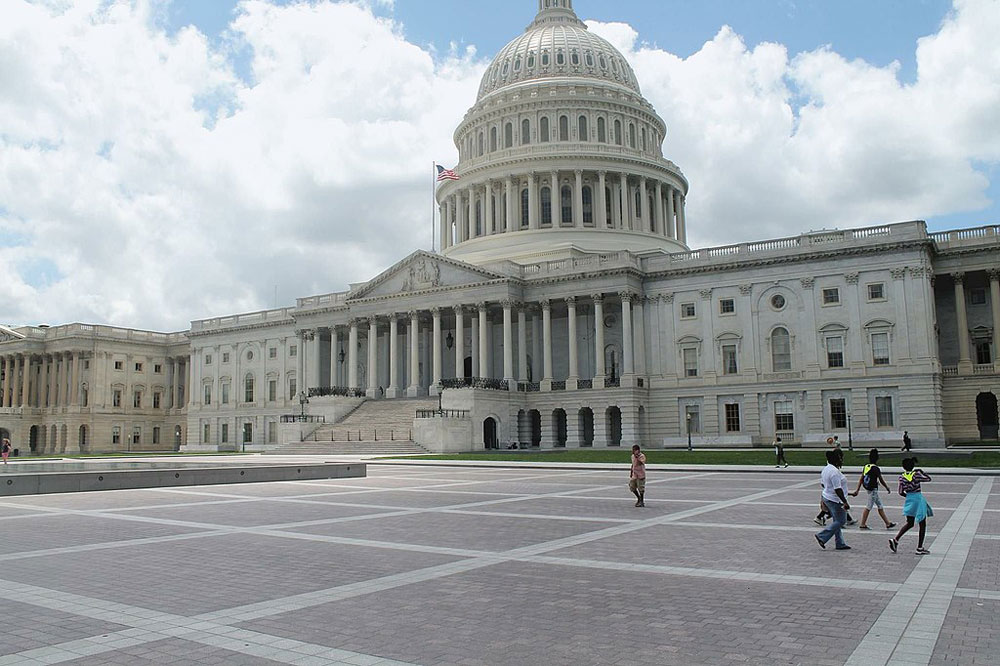March 10, 2011; Source: The Washington Post | In the Washington Post last week, Dr. Paul Light sounded an alarm about the laissez faire attitude of the sector as a whole to the failure of a few in its midst. Light does not argue with the fact that winnowing may occur as a result of the sector's continuing financial straights – what he is very concerned about is the real possibility that the wrong organizations will go under.
This could, he asserts, result in "service deserts" in many low-income communities. Some of these communities are served by relatively small nonprofits that have already been hollowed out by the last two years of downturn, he says. “The prevailing wisdom these days is that survival of the fittest should take its course, the only problem being that the fittest may not be the most valuable. There are some nonprofits that are extremely strong but no longer relevant, and others that are very weak but intensely important for strengthening communities, delivering services where no other resources exist and serving as harbingers of the social trust that Robert Putnam wrote about in Bowling Alone. Strengthening weak but important nonprofits is an imminently better investment for the sector than allowing moribund, perpetuity-seeking nonprofits to survive."
Sign up for our free newsletters
Subscribe to NPQ's newsletters to have our top stories delivered directly to your inbox.
By signing up, you agree to our privacy policy and terms of use, and to receive messages from NPQ and our partners.
As NPQ has tracked the trends in the sector, we cannot but agree. Our recent report on the continuing low philanthropic investments in rural areas shows how this creates the real possibility that badly needed services in isolated communities may be lost. Light believes the same to be true of low-income communities in other areas. We'd love to hear your opinions on the likelihood of service deserts developing near you over the next year or so.—Ruth McCambridge













